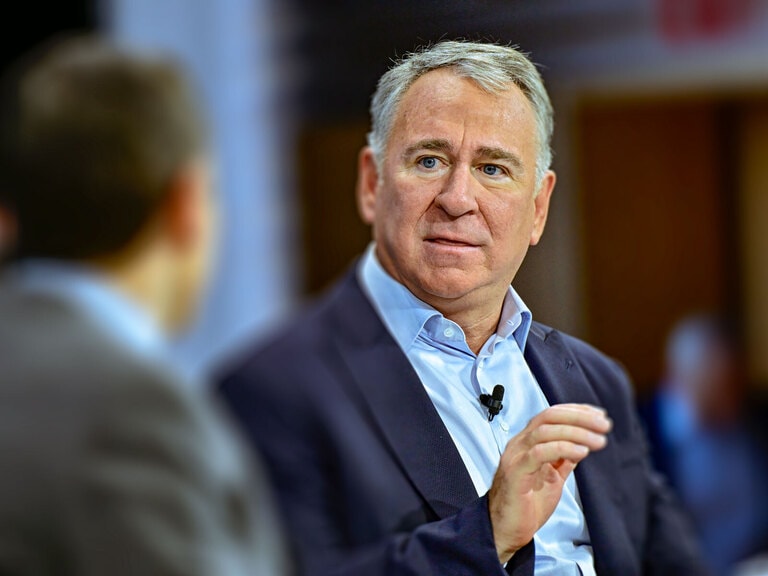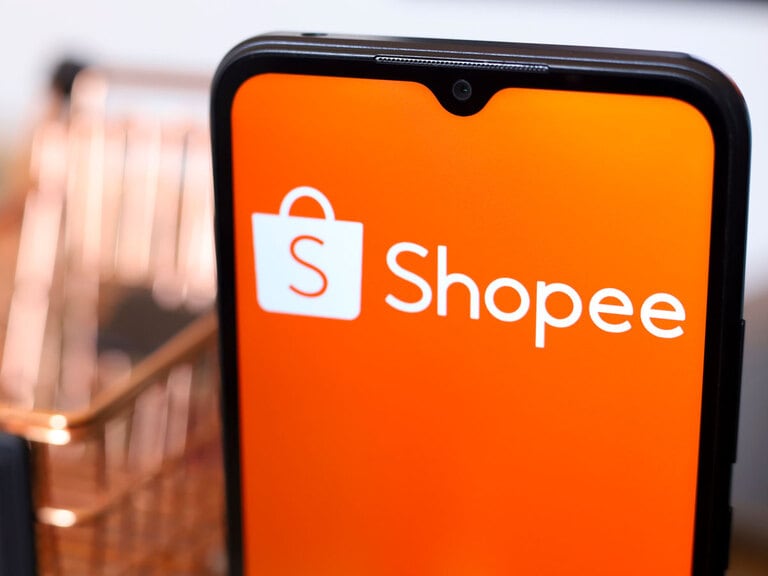The Horizon Kinetics Medical ETF is down 3% since its launch in late January. Its long-term approach could be supported by projected expansion in the pharmaceutical industry. Several of its holdings have released highly popular and profitable medications, including drugs to treat obesity, psoriasis and Crohn’s disease.
- AbbVie’s Crohn disease treatment Skyrizi could move forward to a phase-three study evaluating it against the Johnson & Johnson drug Stelara.
- Weight-loss offerings from Novo Nordisk are leading Denmark’s pharmaceutical industry, which accounts for two-thirds of the country’s economic growth.
- The pharmaceutical sector is expected to grow at a compound annual growth rate of 5.4% through 2027.
The Horizon Kinetics Medical ETF [MEDX] closed 13 September down 3% since its launch in late January, and down 1.2% in the past week. The ETF targets patented first-line pharmaceuticals and biologics, products that typically have high profit margins but significant barriers to entry.
One such class that has been making headlines is weight-loss drugs, a market Barclays has forecast will reach $100bn in annual sales by 2030. The top pharmaceuticals on the market are Ozempic and Wegovy, produced by Danish Novo Nordisk [NOVO-B.CO], and Mounjaro, made by Eli Lilly [LLY]. Ozempic and Mounjaro have been approved by US and UK regulators to treat type-2 diabetes and are heavily prescribed off-label to treat obesity. Eli Lilly hopes to have approval from the US Food and Drug Administration to list the latter as a weight-loss drug by the end of the year.
The drugs have been so successful that they are having a macroeconomic impact: according to governmental agency Statistics Denmark, in 2022 Novo Nordisk led the country’s pharmaceutical industry, which accounts for two-thirds of the country’s economic growth. Danmarks National, the Danish central bank, is reportedly keeping interest rates lower than expected in order to facilitate the surge in pharmaceutical exports, reported the New York Times.
Next-gen treatments
Eli Lilly is the MEDX fund’s top holding, accounting for 10.8% of its portfolio as of Monday. The pharmaceutical’s stocks are up 58.6% year-to-date, but down 3.3% over the past week.
In addition to the popularity of its weight-loss drug, investors reacted positively to the June 2023 announcement that it would acquire DICE Therapeutics [DICE] for $2.4bn to help further develop its treatments for immune diseases such as psoriasis.
Shares of the MEDX fund’s next-largest holding, AbbVie [ABBV] — accounting for 6.5% of its portfolio — were down 3% year-to-date, but up 2.1% over the past week. While the pharmaceutical lost patent protection for its headline Humira medication in the US in January, last week the company announced that its Skyrizi drug, used to treat Crohn’s disease, could move forward to a phase-three study evaluating it against the Johnson & Johnson [JNJ] drug Stelara. According to AbbVie, at 24 weeks patients saw remission rates of 59% with Skyrizi and 40% with Stelara, and at 48 weeks remission rates were at 32% and 16%, respectively.
Looking ahead
MEDX’s performance could be supported by continued expansion in pharmaceuticals. The sector is expected to grow at a compound annual growth rate of 5.4% through 2027, to $1.8trn, according to health information technology firm IQVIA.
Continued attention to weight-loss drugs and other innovative treatments could support the fund’s long-term gains. Mounjaro sales are forecast to reach $3bn in 2023. Last December, SBV Securities analysts forecast sales would reach $26.4bn by 2030. The medication generated $979.7m in sales in the second quarter of 2023, up over 6,020% year-on-year.
“Lilly’s blockbuster therapy to tackle the global obesity pandemic will undoubtedly gain widespread adoption by patients and providers,” Akash Patel, Pharma Analyst at GlobalData, said in a June press release. GlobalData expects Mounjaro to surpass Novo Nordisk’s drugs to become the leading therapy for obesity and type-2 diabetes.
Eli Lilly is rated a ‘strong buy’ according to a consensus of 18 Wall Street analysts polled by TipRanks, with an average 12-month price target of $587.71, which would see the stock trending down 2.1% from its 15 September closing price.
AbbVie, meanwhile, is rated a ‘moderate buy’ by a consensus of 10 analysts, with an average 12-month price target of $168.67 — which represents 10.9% gains from its close on 15 September.
Continue reading for FREE
- Includes free newsletter updates, unsubscribe anytime. Privacy policy





